Artificial intelligence (AI) is creating unprecedented changes in the publishing industry. However, along with the opportunities come countless challenges – especially copyright, legal liability and the role of humans in the new creative world .
When AI penetrates every stage of book making
At the seminar “Connecting technology – Exploring the digital publishing market” within the framework of the Digital Publishing 2025 forum on June 24, experts, managers and businesses frankly shared how AI is accompanying and supporting the publishing industry, while pointing out the fragile line between supporting and replacing human creativity.
Mr. Nguyen Canh Binh - Chairman of the Board of Directors of Alpha Books said that AI has now been applied by this unit in almost all stages of publishing - from selecting manuscripts, analyzing the market, editing, translating, to publishing.
“Previously, we mainly relied on manuscripts sent by authors or searching for information on Amazon. But now, AI helps scan market data from many countries such as China, Korea, Japan, etc., places that were previously difficult for us to access due to language barriers. Thanks to that, we are no longer limited to familiar sources,” Mr. Binh shared.
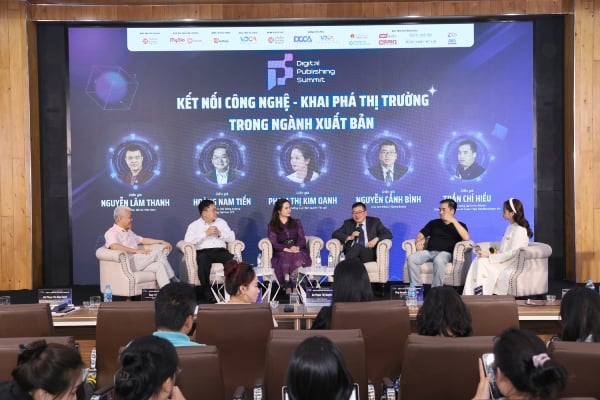
The application of AI helps save time, optimize efficiency, and avoid missing potential works. However, Mr. Binh affirmed that AI cannot replace humans. If users do not have basic knowledge, AI only provides a series of data without helping to make the right decisions. Intelligence, understanding and emotion are still the core elements in publishing.
Sharing the same perspective, Mr. Tran Chi Hieu - Chairman of Orion Media emphasized the central role of editors in the digital age, because editors are the ones who possess industry knowledge, a factor that helps exploit AI many times more effectively. They are not only the ones who complete the content but also the ones who fuel the author's creativity.
He cited many cases where authors have been working on a book for decades but have not been able to publish it because a few paragraphs have not been completed. It is the editor who will help complete, package and bring the work to market.
Copyright must be strictly protected.
From the perspective of the management agency, Ms. Pham Thi Kim Oanh - Deputy Director of the Copyright Department (Ministry of Culture, Sports and Tourism) said that AI is bringing about big changes, but the worrying thing is "when AI can write thousands of books every day, will there still be a need for authors?".
"If we are too easy-going in applying technology and forget the human element, the refinement, and the depth of experience, then creative products will most likely become similar and lack personal touches," Ms. Oanh worries.
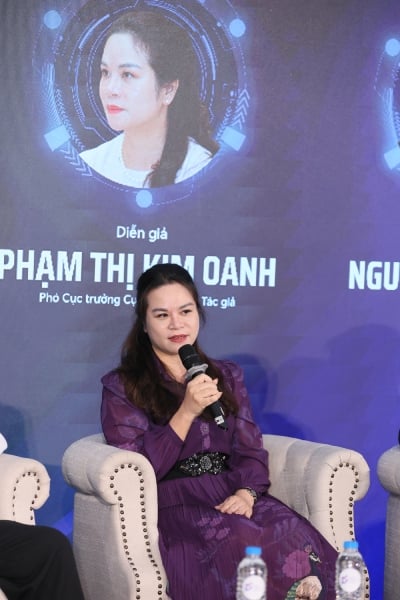
Ms. Oanh also pointed out unclear legal issues: who is the author when using AI? Who owns the work? Is it legal to exploit big data to train AI? If there is a violation, who is responsible, the user or the AI development company?
According to the Deputy Director of the Copyright Office, the revised Intellectual Property Law of 2022 has many progressive provisions, but still needs to be adjusted to keep up with the pace of technological development. She also recommended that creators, publishers, and digital platforms must be clearly aware of their legal rights and responsibilities.
From the perspective of a digital platform, Mr. Nguyen Lam Thanh - representative of TikTok Vietnam, Vice President of the Digital Media Association, wondered, "The big question is not what AI can do, but who is responsible for the content created by AI?"
Mr. Lam Thanh believes that AI is like computers and phones – a support tool that cannot make decisions on behalf of humans. The person who writes the title and publishes it is still a human, and they are the ones responsible for the content.
In the publishing sector, TikTok has strict controls, requiring entities to have clear licenses to distribute content. However, Mr. Thanh admitted that detecting and handling violations depends a lot on users – conscious consumers who know how to speak up when their rights are violated.
The speakers shared the view that although platforms and technologies are opening up great opportunities for the publishing industry, the core values are still human knowledge and creative ethics.
Emphasizing the importance of connecting technology with the publishing industry in a legal and responsible manner, Ms. Oanh called on publishers, businesses and individuals creating digital content to proactively protect copyright rights, comply with the law, and closely coordinate with intermediaries to bring legal products to market.
For the public and readers – those who directly enjoy creative products, Ms. Oanh recommends respecting copyright, respecting authors, investors, and technology businesses – those who have created the value of the product. Not supporting pirated, counterfeit products, copyright and intellectual property violations is also contributing to building a clean legal environment, helping the publishing industry and creative activities develop sustainably and get closer to consumers.
Ms. Oanh also hopes that KOLs will actively accompany the management agency, the Copyright Office, to spread messages and creative passion to the community, thereby promoting the sustainable development of the creative industry in Vietnam.
Source: https://doanhnghiepvn.vn/cong-nghe/ai-co-the-viet-hang-ngan-cuon-sach-moi-ngay-lieu-con-can-den-tac-gia/20250625060205850




![[Photo] Multi-colored cultural space at the Exhibition "80 years of the journey of Independence - Freedom - Happiness"](https://vphoto.vietnam.vn/thumb/1200x675/vietnam/resource/IMAGE/2025/8/26/fe69de34803e4ac1bf88ce49813d95d8)
![[Photo] Hanoi: Authorities work hard to overcome the effects of heavy rain](https://vphoto.vietnam.vn/thumb/1200x675/vietnam/resource/IMAGE/2025/8/26/380f98ee36a34e62a9b7894b020112a8)

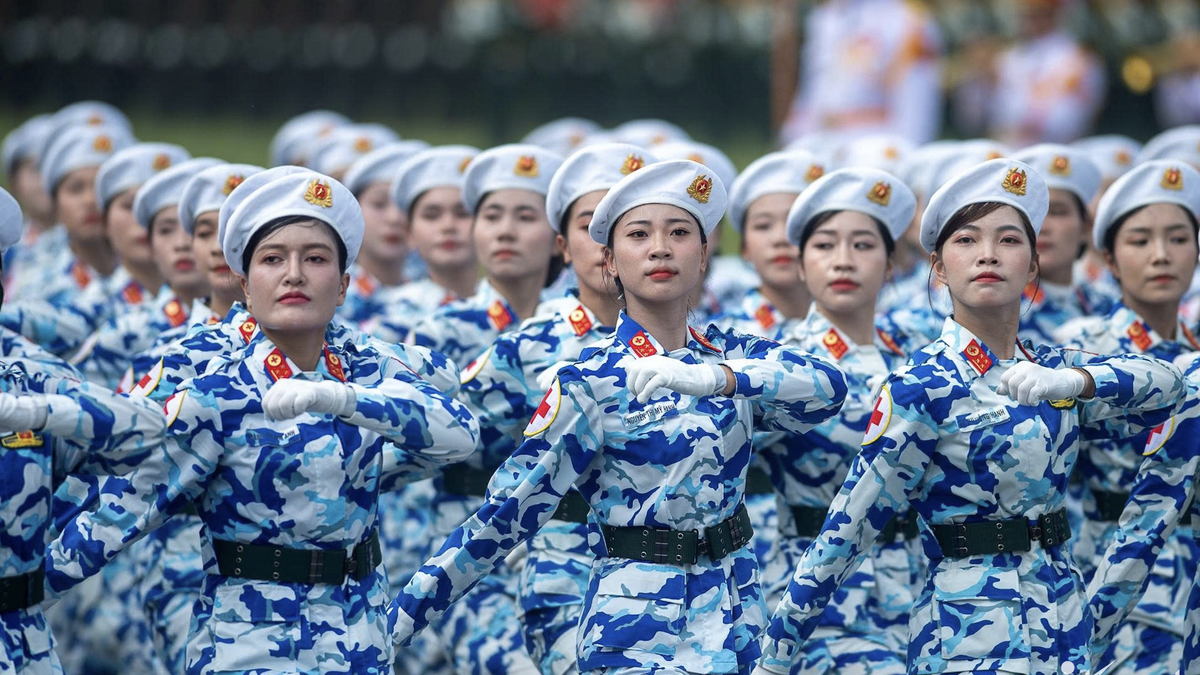

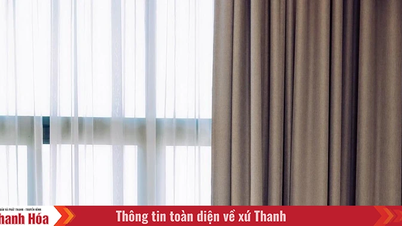

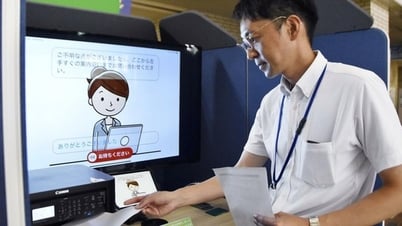

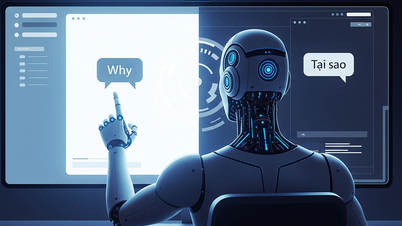

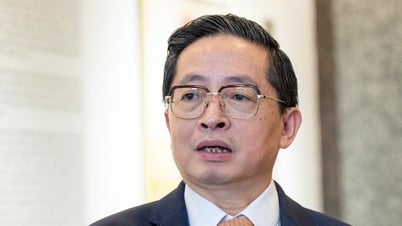



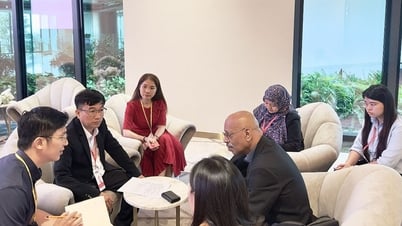


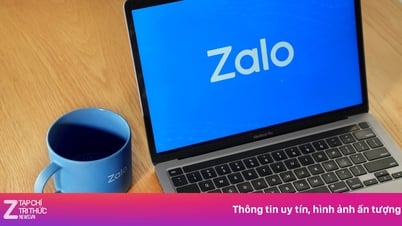
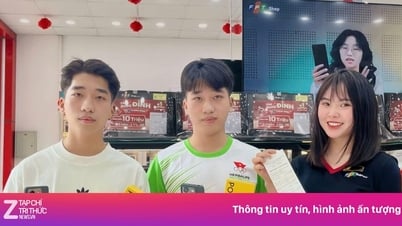










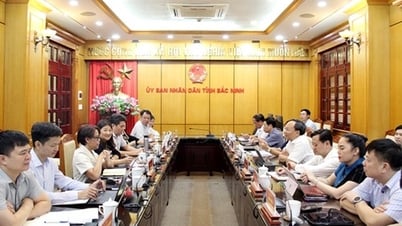
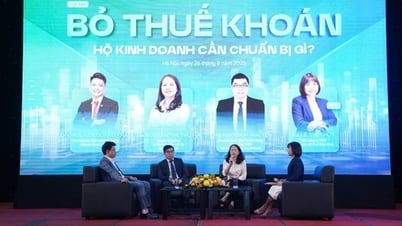



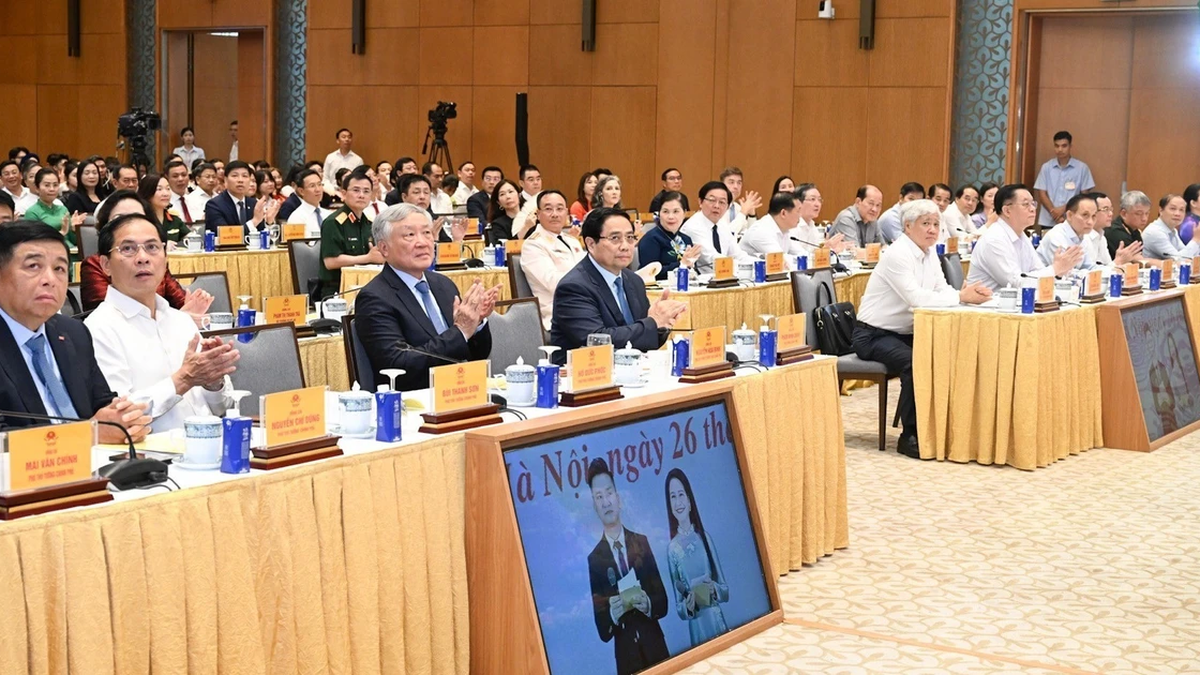
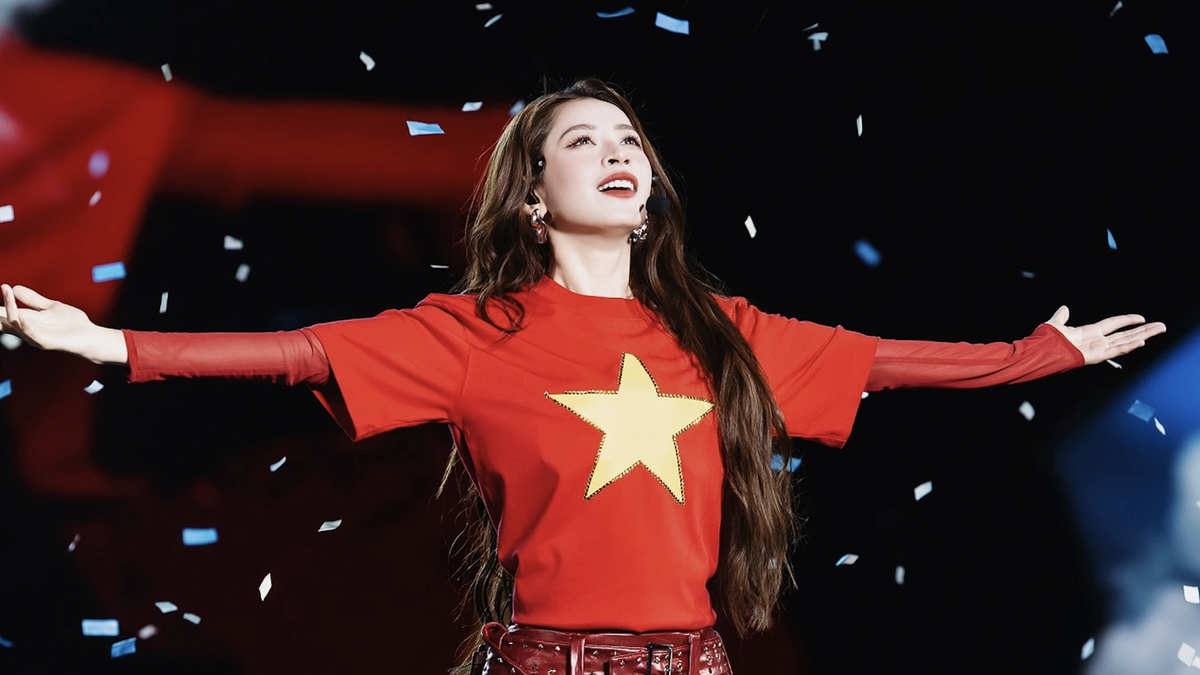
















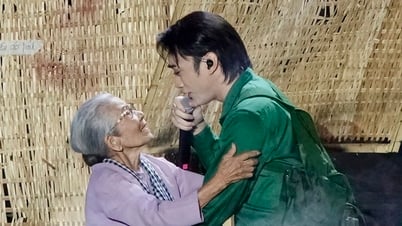








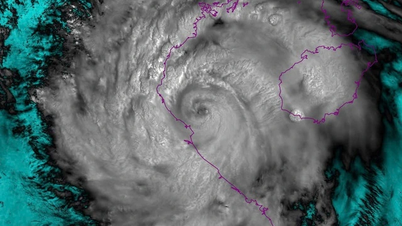

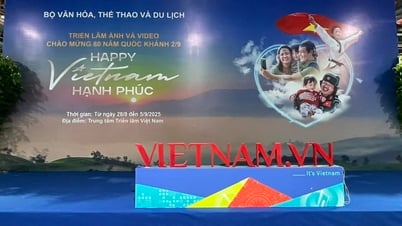


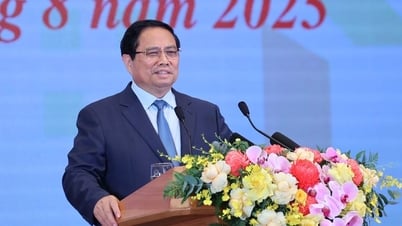
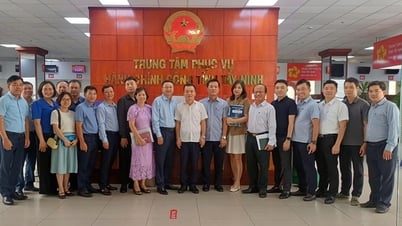





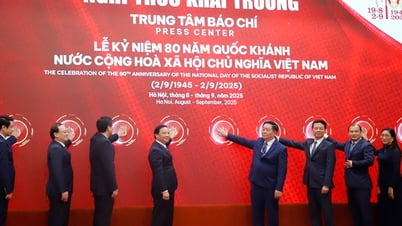








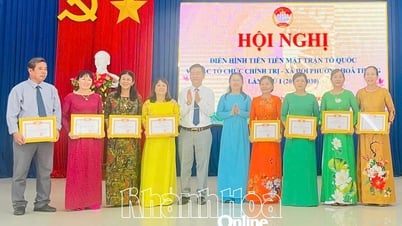

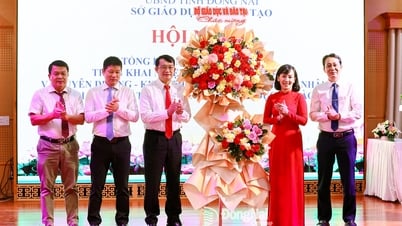






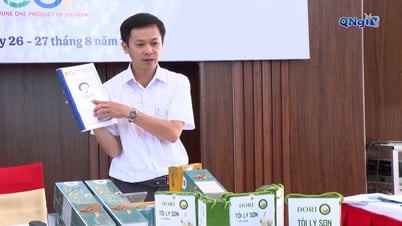







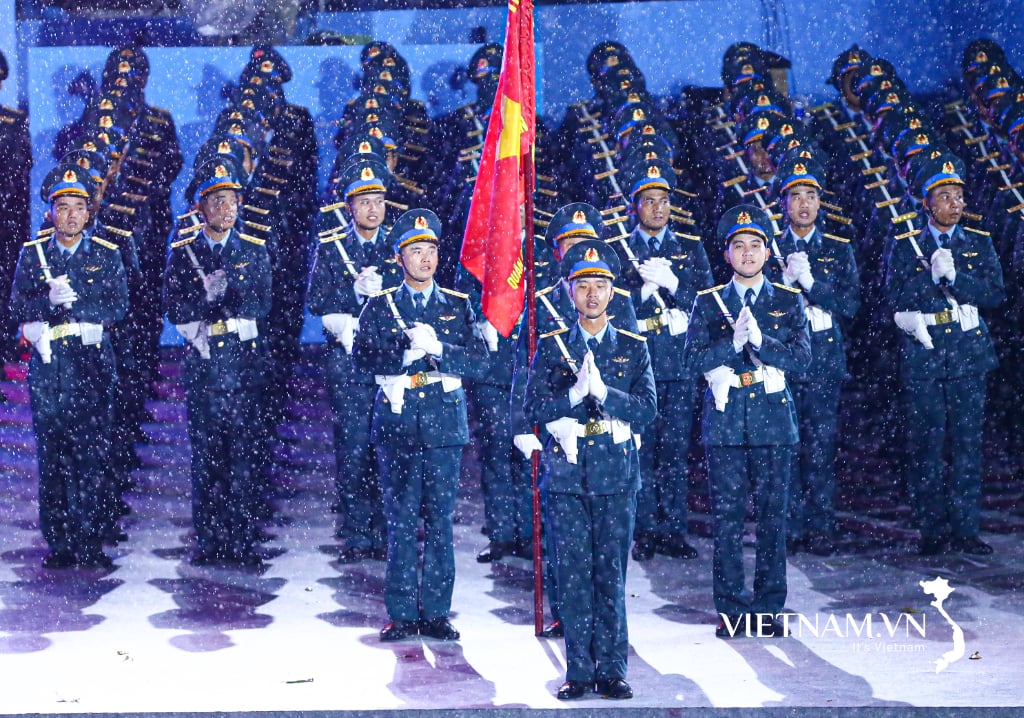

Comment (0)